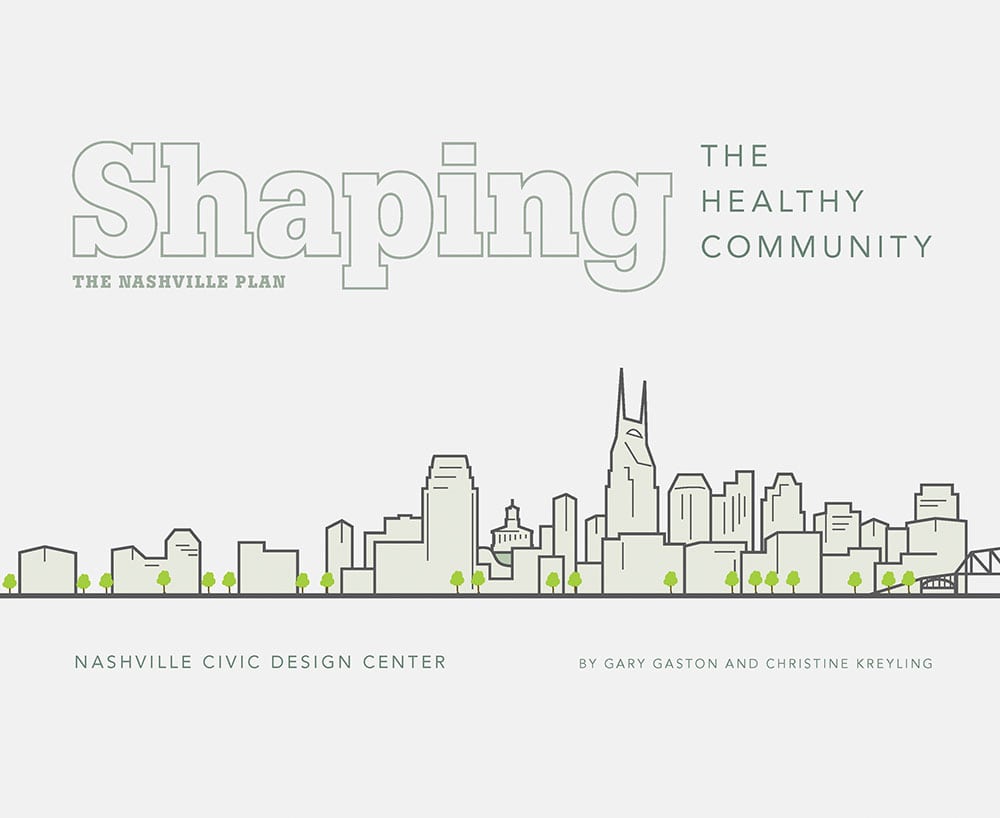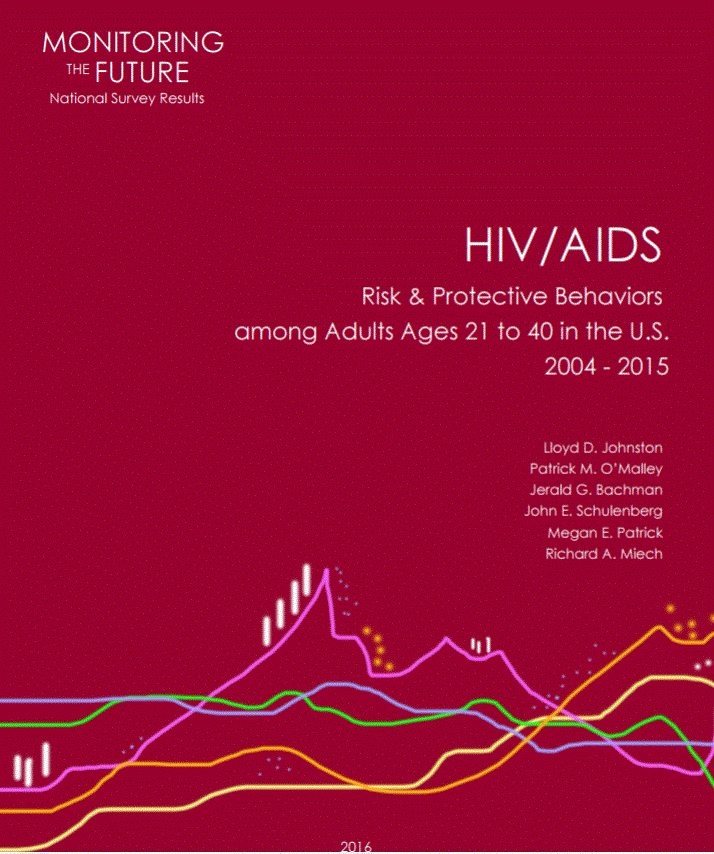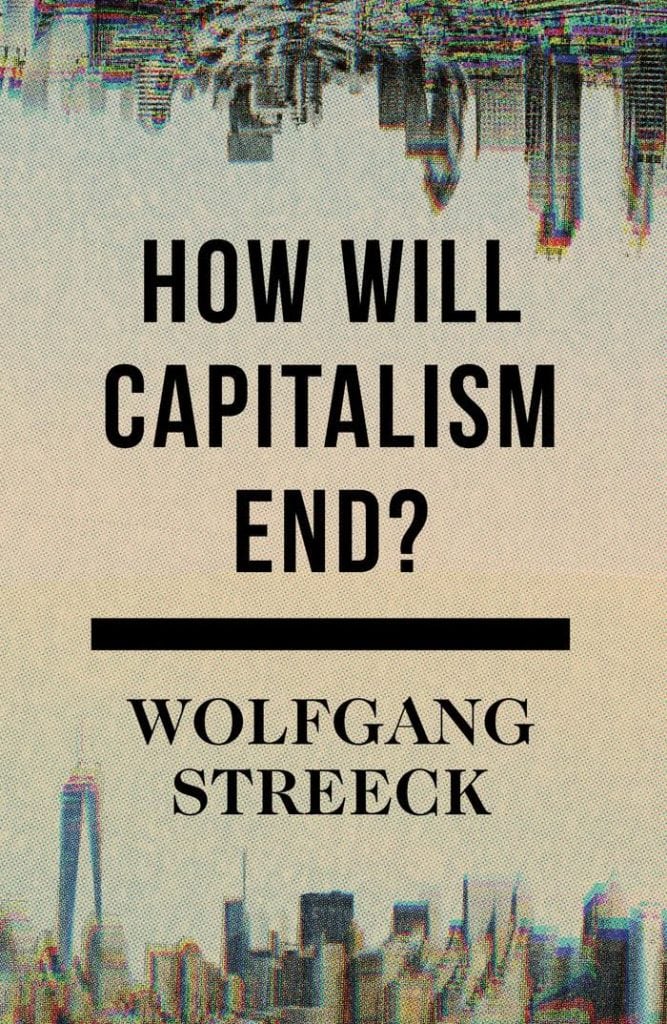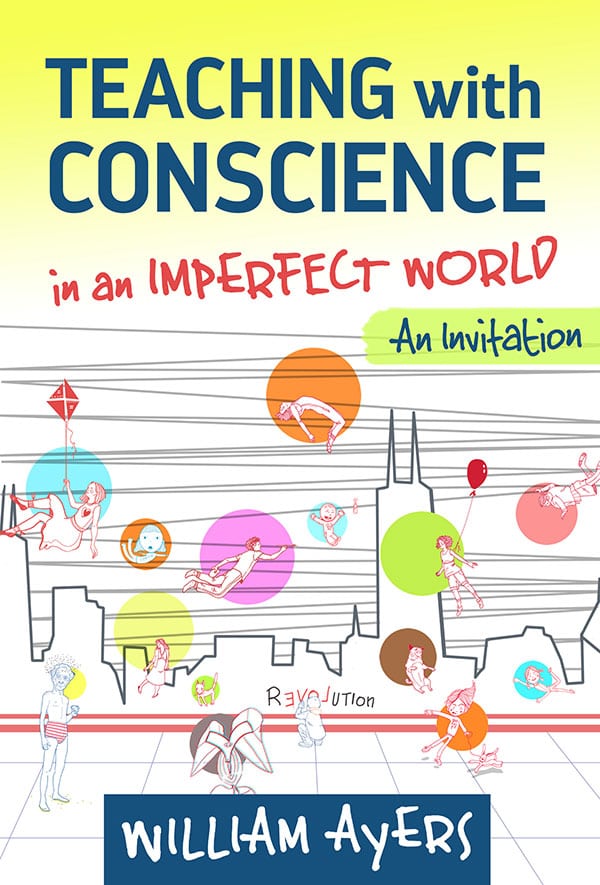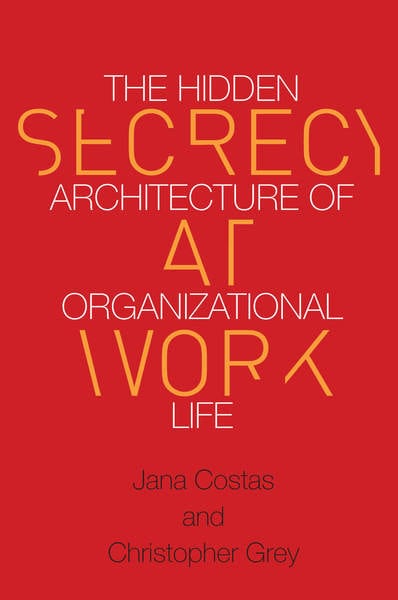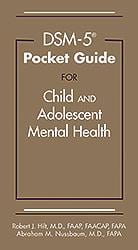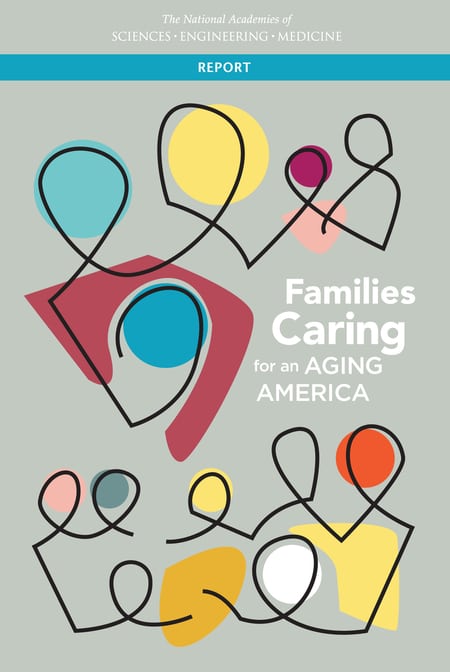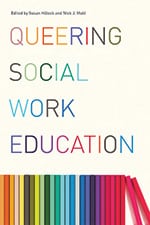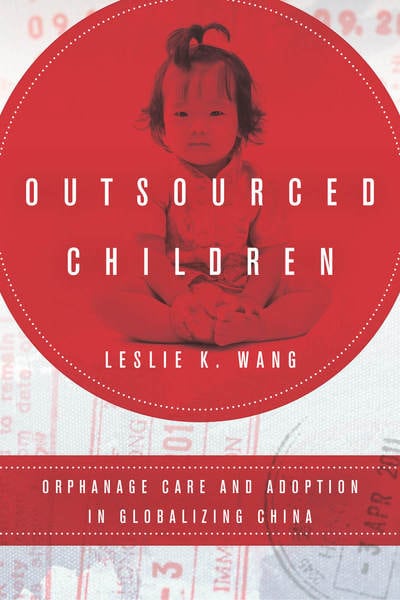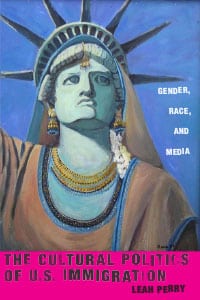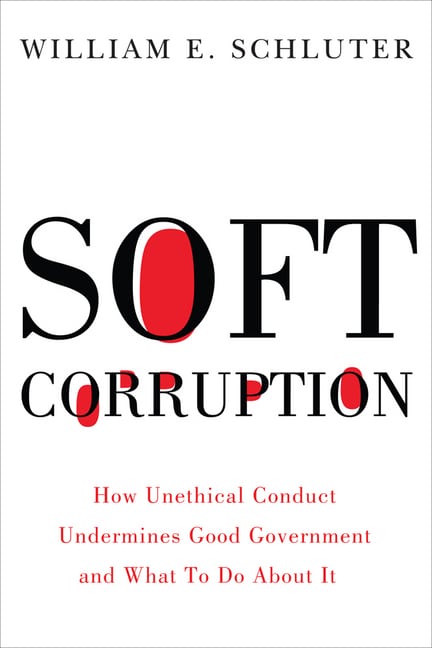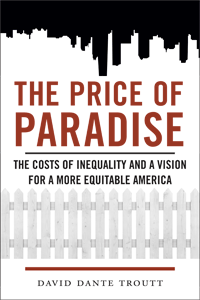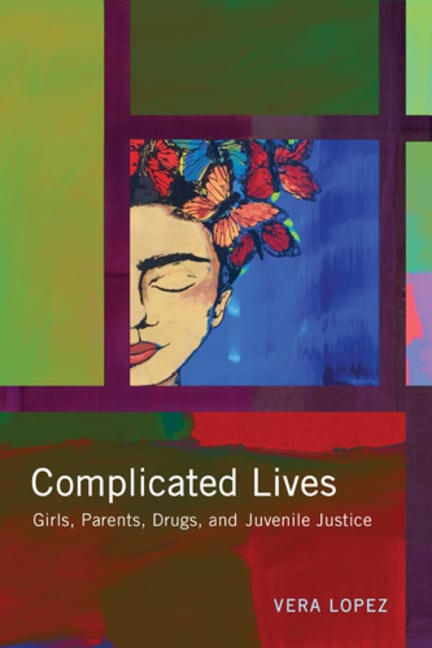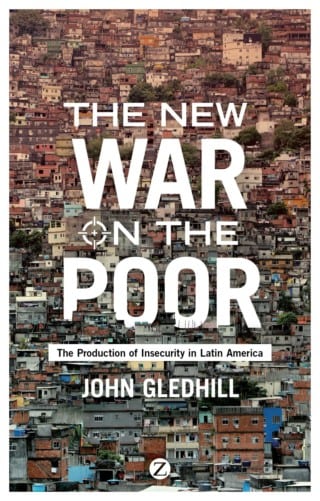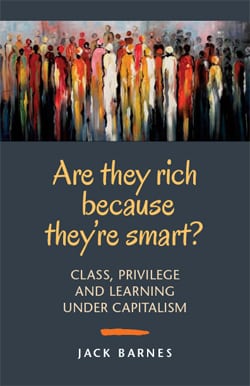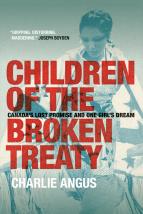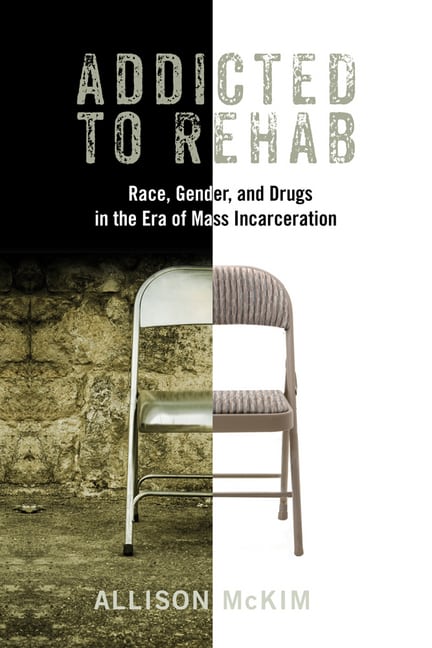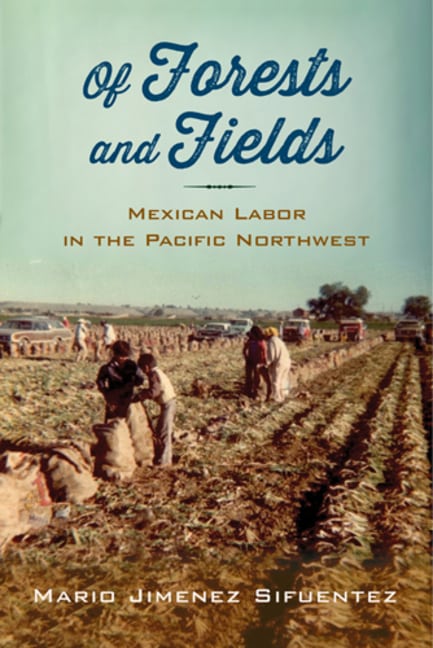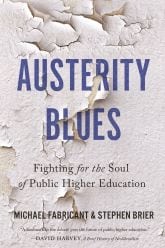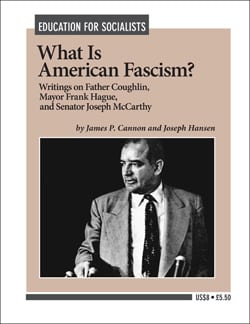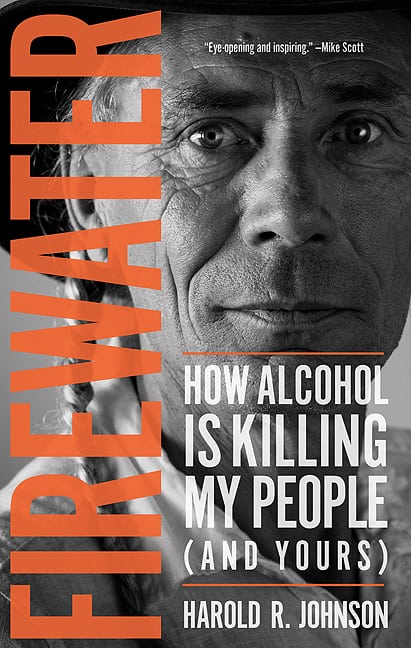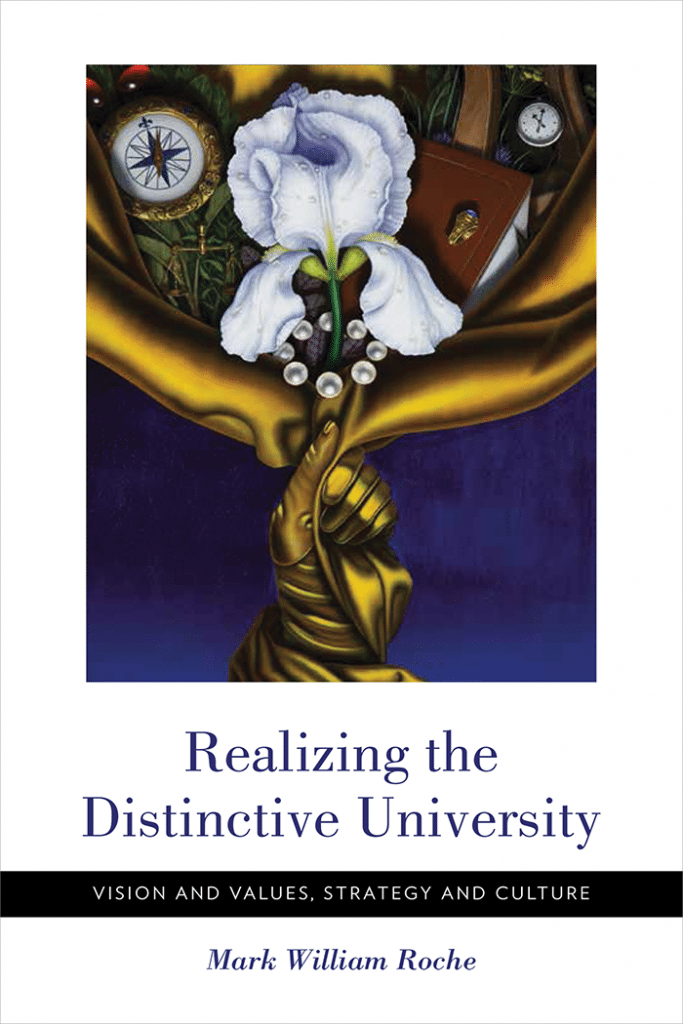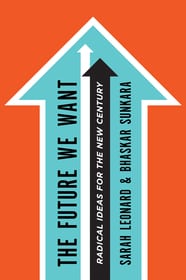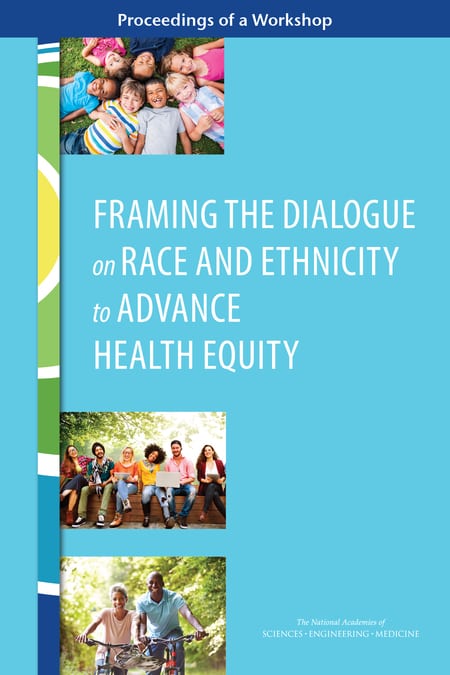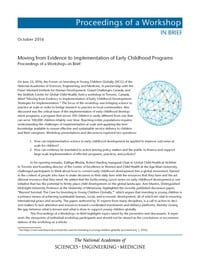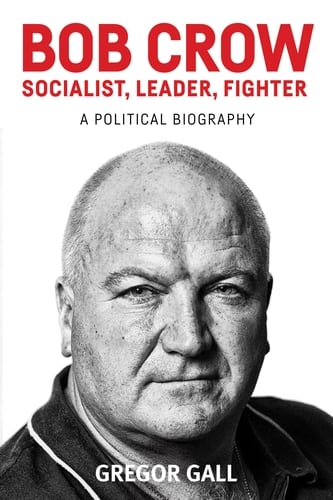Shaping the Healthy Community: The Nashville Plan
HIV/AIDS: Risk & protective behaviors among adults ages 21 to 40 in the U.S., 2004-2015
Bluestockings
Bluestockings is a collectively owned and volunteer powered radical bookstore, fair trade cafe, and activist center in the Lower East Side of Manhattan. We carry thousands of titles on topics such as feminism, queer and gender studies, radical fiction, global capitalism, climate & environment, political theory, incarceration, race and black studies, radical education, plus many more! We also carry zines, journals, planners and other oddly hard-to-find good things.
How Will Capitalism End?
Teaching with Conscience in an Imperfect World: An Invitation
International Migration Outlook 2016
Society at a Glance: 2016 OECD Social Indicators
Statistics for Human Service Evaluation
Secrecy at Work: The Hidden Architecture of Organizational Life
School Choice: The End of Public Education?
International Higher Education’s Scholar-Practitioners: Bridging research and practice
Queer Theory: The French Response
DSM-5 Pocket Guide for Child and Adolescent Mental Health
Demanding Justice and Security Indigenous Women and Legal Pluralities in Latin America
Everyday Desistance: The Transition to Adulthood Among Formerly Incarcerated Youth
Families Caring for an Aging America
Queering Social Work Education
Queering Social Work Education, the first book of its kind in North America, responds to the need for theoretically informed, inclusive, and sensitive approaches in the field. This completely original collection of essays combines history and personal narratives with much-needed analyses and recommendations.
Outsourced Children: Orphanage Care and Adoption in Globalizing China
Countries that allow their vulnerable children to be cared for by outsiders are typically viewed as weaker global players. However, Leslie K. Wang argues that China has turned this notion on its head by outsourcing the care of its unwanted children to attract foreign resources and secure closer ties with Western nations. She demonstrates the two main ways that this “outsourced intimacy” operates as an ongoing transnational exchange: first, through the exportation of mostly healthy girls into Western homes via adoption, and second, through the subsequent importation of first-world actors, resources, and practices into orphanages to care for the mostly special needs youth left behind.
The Cultural Politics of U.S. Immigration: Gender, Race, and Media
Social Work Practice with African Americans in Urban Environments
Soft Corruption: How Unethical Conduct Undermines Good Government and What To Do About It
The Price of Paradise: The Costs of Inequality and a Vision for a More Equitable America
Our Revolution
Complicated Lives: Girls, Parents, Drugs, and Juvenile Justice
The New War on the Poor: The Production of Insecurity in Latin America
Benefits for Migrants Handbook | 8th edition
Are They Rich Because They’re Smart? Class, Privilege, and Learning under Capitalism
Children of the Broken Treaty: Canada’s Lost Promise and One Girl’s Dream
Handbook of Medicine in Psychiatry, Second Edition
Addicted to Rehab: Race, Gender, and Drugs in the Era of Mass Incarceration
Of Forests and Fields: Mexican Labor in the Pacific Northwest
Is Socialist Revolution in the US Possible? A necessary debate among working people
Austerity Blues
Professor of Social Work Michael Fabricant, who is vice president of CUNY’s Professional Staff Congress, and Professor of Urban Education Stephen Brier, who is coordinator of the CUNY Graduate Center’s Interactive Technology and Pedagogy Program, argue state disinvestment has had a deeply harmful impact on public universities’ ability to educate students as colleges and universities turn to the promises of privatization and technology.

